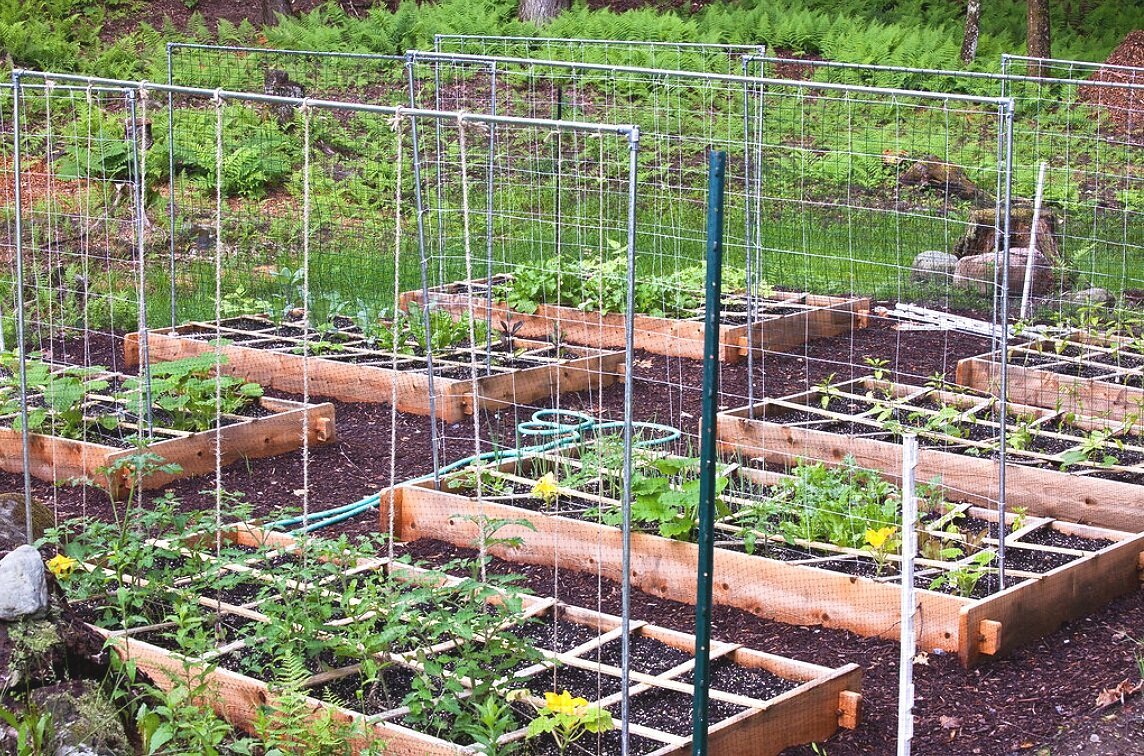Garden Season Is Almost Here!
Are you dreaming of a lush garden brimming with fresh herbs and vegetables right at your fingertips? Starting your first home garden is an exciting journey filled with the promise of delicious harvests and the satisfaction of growing your own food. To help you get started on the right foot, we've put together a beginner's guide focusing on easy-to-grow and compatible crops that will thrive together, ensuring a bountiful and rewarding garden experience.
Selecting Your Garden Location: Choose a sunny spot in your yard or balcony that receives at least 6-8 hours of sunlight each day. Ensure that the area has access to water and good drainage to support healthy plant growth.
Choosing Compatible Crops: When planning your garden, consider planting compatible crops that benefit each other by deterring pests, improving soil health, or maximizing space. Some easy and compatible combinations include:
Tomatoes, basil, and marigolds: Tomatoes and basil enhance each other's flavor and repel pests, while marigolds deter harmful insects.
Cucumbers, peas, and radishes: Cucumbers and peas grow well together, sharing a trellis for support, while radishes help loosen the soil and deter pests.
Spinach, lettuce, and onions: Leafy greens like spinach and lettuce thrive in the shade provided by taller onion plants, creating a harmonious and space-efficient garden bed.
Starting with Herbs: Herbs are excellent choices for beginner gardeners due to their low maintenance and versatility in culinary use. Start with easy-to-grow herbs like:
Basil: A staple in many cuisines, basil is a fast-growing herb that thrives in warm, sunny conditions.
Mint: Mint is a hardy herb that spreads quickly, so plant it in a container to prevent it from taking over your garden.
Thyme: With its aromatic leaves and drought-tolerant nature, thyme is a perfect addition to any herb garden.
Planting Vegetables: When planting vegetables, consider the space requirements and growth habits of each crop to ensure they complement each other. Some beginner-friendly vegetables to try include:
Tomatoes: Choose compact or determinate varieties for smaller spaces, and provide support with stakes or cages to keep the plants upright.
Lettuce: Plant lettuce in shallow containers or directly in the ground, and harvest leaves as needed for a continuous supply of fresh salad greens.
Zucchini: Zucchini plants produce prolifically and can be grown in containers or raised beds, making them ideal for beginner gardeners.
Regular watering, mulching, and occasional fertilizing will help your herb and vegetable garden thrive. Keep an eye out for pests and diseases, and address any issues promptly to prevent them from spreading.
Starting your first home herb and vegetable garden is a rewarding experience that allows you to connect with nature, save money on groceries, and enjoy the satisfaction of growing your own food. By choosing easy-to-grow and compatible crops, you'll set yourself up for success and enjoy a bountiful harvest throughout the growing season. Whether you're planting herbs in containers on your balcony or tending to a backyard vegetable patch, gardening is a fulfilling and enjoyable hobby that anyone can embrace. So roll up your sleeves, dig in the dirt, and watch your garden flourish!

